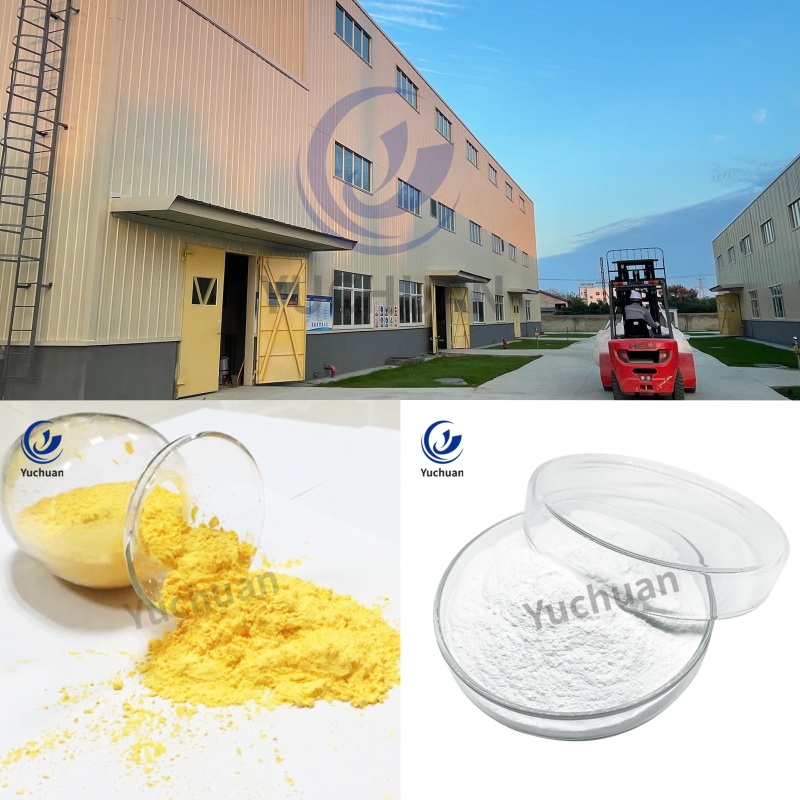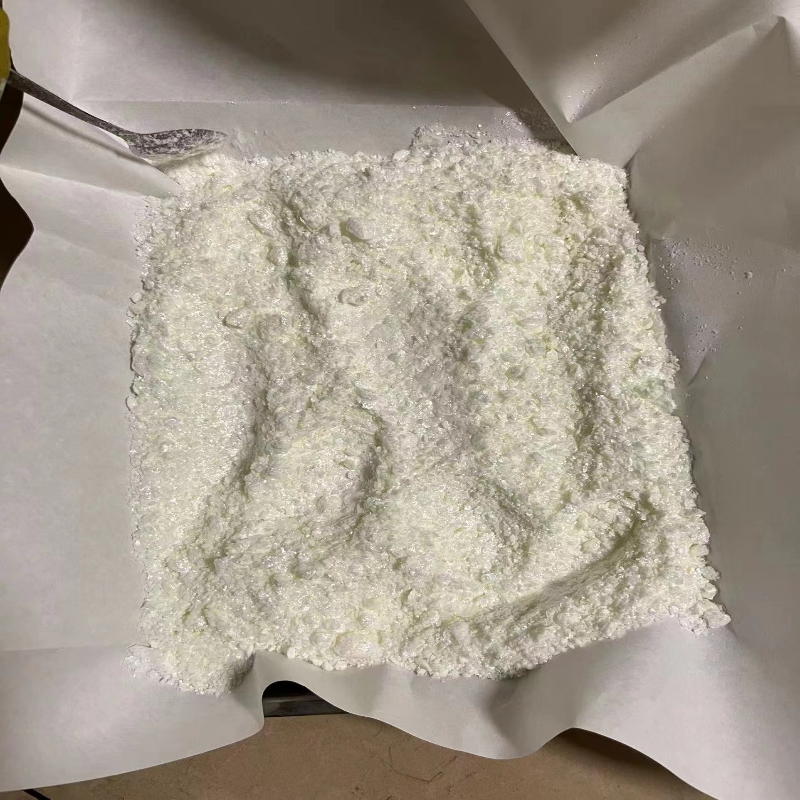-
Categories
-
Pharmaceutical Intermediates
-
Active Pharmaceutical Ingredients
-
Food Additives
- Industrial Coatings
- Agrochemicals
- Dyes and Pigments
- Surfactant
- Flavors and Fragrances
- Chemical Reagents
- Catalyst and Auxiliary
- Natural Products
- Inorganic Chemistry
-
Organic Chemistry
-
Biochemical Engineering
- Analytical Chemistry
-
Cosmetic Ingredient
- Water Treatment Chemical
-
Pharmaceutical Intermediates
Promotion
ECHEMI Mall
Wholesale
Weekly Price
Exhibition
News
-
Trade Service
To celebrate its 50th anniversary, recycling equipment solutions provider TOMRA has released a white paper highlighting the effects of extended producer responsibility (EPR)
.
This mechanism, which has been written into relevant laws, will likely further accelerate the disposal of household waste and promote its continuous development in the direction of a circular economy, allowing resources to be reused many times to maximize their value
.
TOMRA's new white paper "EPR Unpacked - A Policy Framework for a Circular Economy" introduces different EPR systems for packaging waste, and brings together different perspectives and practical experiences to inform policy formulation Provide professional guidance to improve existing systems
.
The EPR system ensures that manufacturers who bring packaging to the market are accountable for the entire life cycle of their packaging, from design to waste collection and recycling, and to final disposal, every step of the way
.
As a result, producers must also provide funding for this
.
In addition, the waste hierarchy can also facilitate the design of sustainable packaging and more effective supporting management
.
Wolfgang Ringel, Senior Vice President of Public Affairs at TOMRA, said: “We already know from practical experience in many markets on all continents which solutions can be used to successfully solve household waste management problems and which combinations work best
.
It is clear: a legally mandated, and thus binding, obligation is the right path to direct and active climate protection
.
"
At the same time, the EPR mechanism has been widely used in Europe and other parts of the world
.
In Asia, local groups and initiatives have grown into networks of influence across sectors, a strong response to the fact that 80% of plastic enters the oceans through Asian waterways
.
South Africa and Vietnam have also recently implemented EPR on packaging, while several states in the US are currently considering introducing the measure
.
While these regional efforts are now showing results, coordination at the national and global levels remains a formidable challenge
.
However, this also presents a huge opportunity for the circular economy
.
In Europe, strict targets set by the 2019 Single-Use Plastics Directive have led almost all EU member states to introduce legislation on deposit systems for beverage packaging, which will come into force by 2029 at the latest
.







